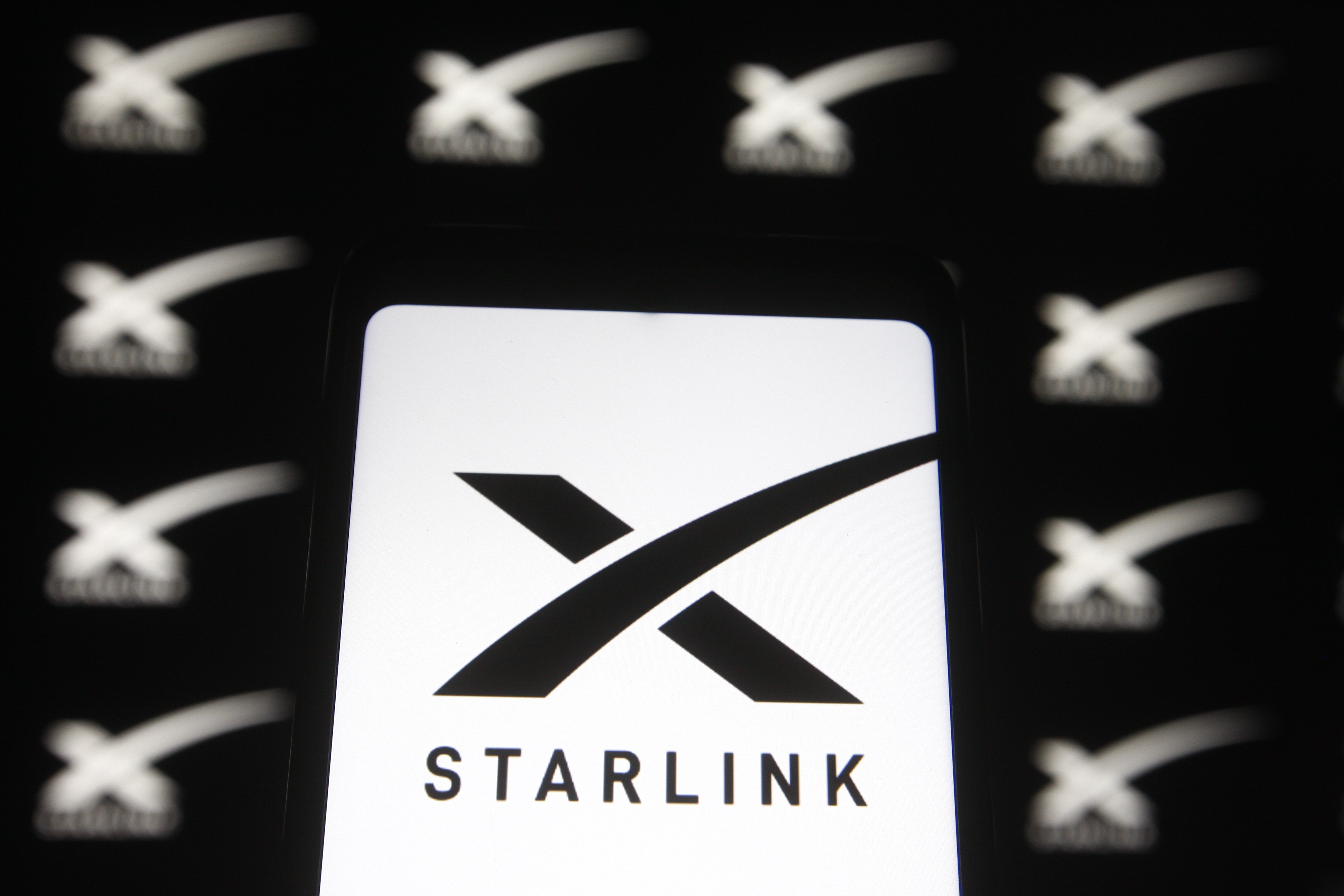
Here at Tom’s Guide our expert editors are committed to bringing you the best news, reviews and guides to help you stay informed and ahead of the curve!
You are now subscribed
Your newsletter sign-up was successful
Want to add more newsletters?

Daily (Mon-Sun)
Tom's Guide Daily
Sign up to get the latest updates on all of your favorite content! From cutting-edge tech news and the hottest streaming buzz to unbeatable deals on the best products and in-depth reviews, we’ve got you covered.

Weekly on Thursday
Tom's AI Guide
Be AI savvy with your weekly newsletter summing up all the biggest AI news you need to know. Plus, analysis from our AI editor and tips on how to use the latest AI tools!

Weekly on Friday
Tom's iGuide
Unlock the vast world of Apple news straight to your inbox. With coverage on everything from exciting product launches to essential software updates, this is your go-to source for the latest updates on all the best Apple content.

Weekly on Monday
Tom's Streaming Guide
Our weekly newsletter is expertly crafted to immerse you in the world of streaming. Stay updated on the latest releases and our top recommendations across your favorite streaming platforms.
Join the club
Get full access to premium articles, exclusive features and a growing list of member rewards.
Unlike internet customers who use Comcast Xfinity or Time Warner, Starlink users should continue to expect one price for the time being.
This comes from SpaceX president Gwynne Shotwell who discussed tiered pricing at the Satellite 2021 LEO Digital Forum yesterday (April 7). As reported by CNBC, Shotwell stressed that simplicity and transparency were best, but her wording didn't totally rule out different pricing models in the future.
- Starlink review
- These are the best routers to get right now
- Plus: Starlink speeds are all over the map — here’s how SpaceX is responding
“I don’t think we’re going to do tiered pricing to consumers. We’re going to try to keep it as simple as possible and transparent as possible, so right now there are no plans to tier for consumers,” Shotwell said.
That said, Starlink is still very much in early stages. At the moment, the satellite megaconstellation tends to best serve upper latitudes, meaning areas from Seattle, Washington and above.
"We still have a lot of work to do to make the network reliable. We still have drops, not necessarily just because of where the satellites are in the sky," said Shotwell, as reported by Jon Brodkin of Ars Technica. "We'll keep in it until the network is reliable and great and something we'd be proud of."
Still, Starlink has a long road ahead before reaching profitability. According to Elon Musk, every single past satellite internet constellation has gone bankrupt. For Musk, his top goal is to ensure the service can be financially viable. It helps that SpaceX has been able to secure nearly $1 billion in FCC subsidies to help bring high-speed satellite internet to rural America. Even then, those $500 equipment kits from Starlink are being sold at a major loss.
According to Shotwell, Starlink satellite dishes at one point cost $3,000 to produce. SpaceX was eventually able to bring costs down $1,500, and has now "just rolled out a new version that saved about $200 off the cost." Even then, at $1,300, that's still an $800 loss per kit.
Get instant access to breaking news, the hottest reviews, great deals and helpful tips.
At the moment, Starlink has been mostly focusing on America, Canada and the U.K. And that's intentional in these early stages when SpaceX is still trying to iron out any problems.
"I do know that my constellation in five years will be able to serve every rural household in the United States," Shotwell said. "We're doing those analyses for other countries as well. Our focus initially is the US because [customers] speak English and they're close. If they have a problem with their dish, we can get one shipped out quickly. But, we definitely want to expand this capability beyond the US and Canada."
- More: Don't rent! These are the best cable modems to buy right now

Imad is currently Senior Google and Internet Culture reporter for CNET, but until recently was News Editor at Tom's Guide. Hailing from Texas, Imad started his journalism career in 2013 and has amassed bylines with the New York Times, the Washington Post, ESPN, Wired and Men's Health Magazine, among others. Outside of work, you can find him sitting blankly in front of a Word document trying desperately to write the first pages of a new book.
 Club Benefits
Club Benefits










